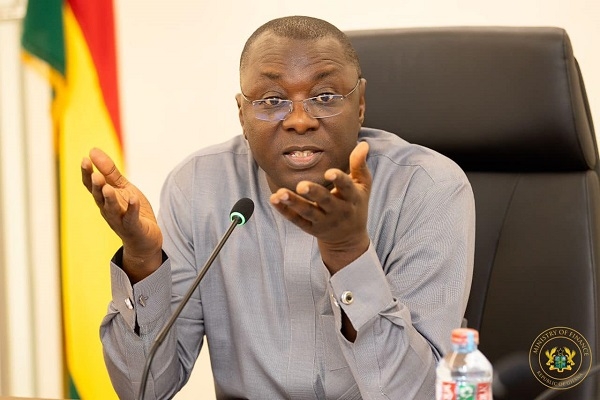Ghana’s rising debt stock alarms economists as they urge a halt on borrowing
Ghana’s rising debt is causing concern among economists, raising doubts about the nation’s financial sustainability and debt management for future governments.
The debt has increased to ₵ 742 billion, up from ₵ 608 billion in 2023.
Experts warn that without strategic interventions and prudent fiscal policies, Ghana’s economic progress, especially under the International Monetary Fund (IMF) programme, could be jeopardized.
In his mid-year budget presentation to Parliament on July 24, Finance Minister Mohammed Amin Adam reported that as of December 2023, the provisional central government and guaranteed debt amounted to 608.4 billion cedis.
“This was made up of three hundred and fifty-one point one billion Ghana cedis and two hundred and fifty-seven point two billion Ghana cedis for external and domestic debts, respectively.”.
Former Finance Minister Seth Terkper mentioned that they proposed consolidating various taxes, including VAT, COVID levies, and the GET Fund, to create a more manageable tax burden for citizens.
He noted that their proposal was submitted late and was therefore deferred to the mid-year review.
“So, we were waiting and hoping that the request would be dealt with, but it was not, and again, the exchange rate and the fuel prices. “
Associate Professor of Finance at Andrews University, William Kwasi Peprah, believes that to manage Ghana’s debt, the government must halt borrowing and focus on stabilizing the cedi.
He explained that a high debt-to-GDP ratio impacts the currency, leading to rapid depreciation of the Ghanaian cedi.
Professor Peprah said that Ghana’s rapid growth rate is a key issue, as it leads to increased borrowing for development and current expenditures. This, he suggests, needs to be addressed.
“When you listen to all analysts, the major issue is that the government must reduce the expenditure patterns. When we say expenditure pattern, we are talking about capital expenditure, investment in projects, reduction in expenses, and payment of some major current items.”



